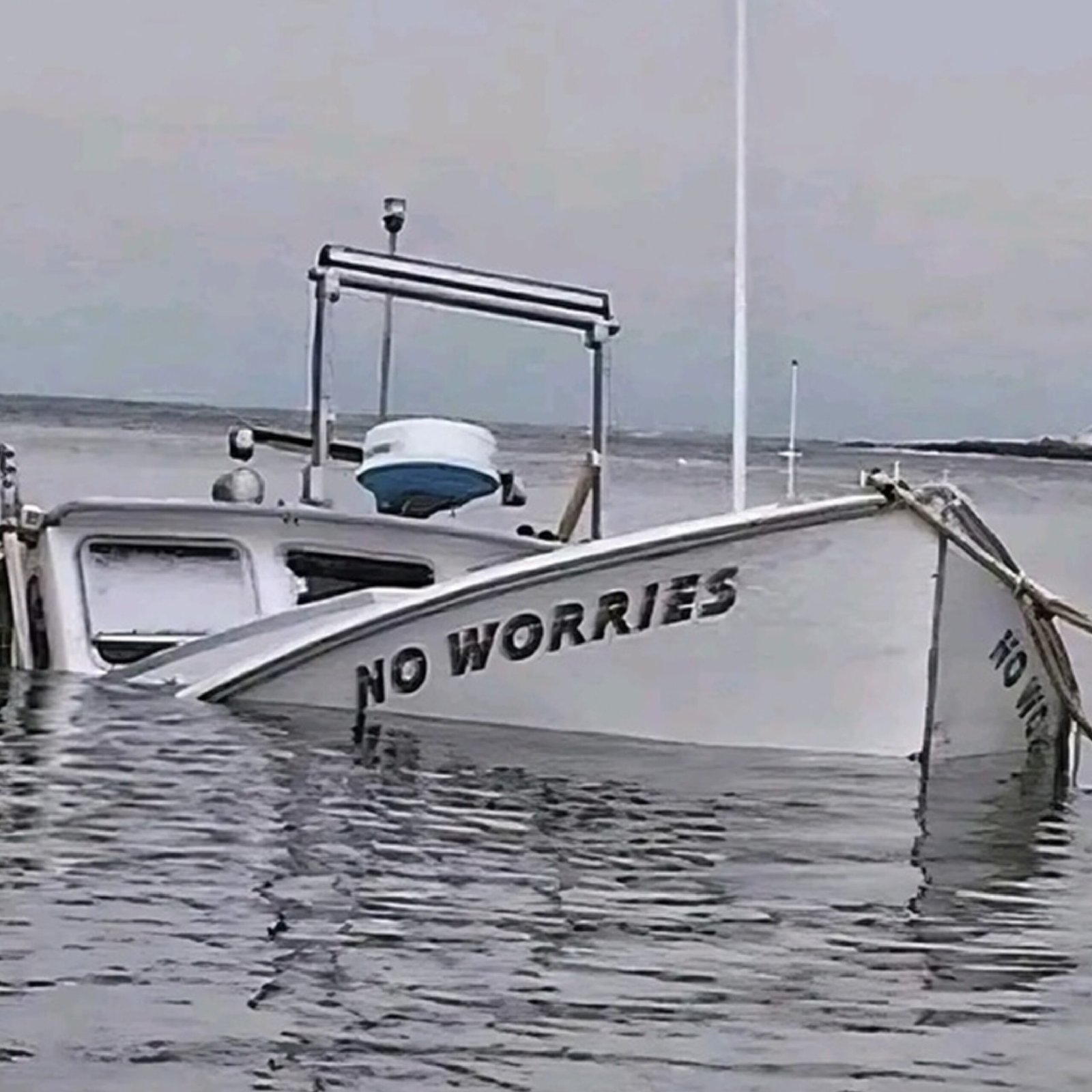Embracing new adventures in retirement refers to retirees actively seeking out and engaging in new and exciting experiences that bring joy, personal growth, and fulfillment. This concept involves stepping out of one’s comfort zone to explore uncharted territories, learn new skills, and make the most of the freedom and opportunities that come with retirement.
Read More SAVORING LIFE IN RETIREMENT
“Retirement: It’s the beginning of a new chapter filled with endless possibilities and the freedom to live life on your terms.”
– Unknown
Key Aspects:
Travel and Exploration

Travel and exploration refer to the act of journeying to new or unfamiliar places to discover, experience, and learn about different environments, cultures, and people. This concept encompasses a wide range of activities, from local day trips and nature excursions to international travel and global adventures. Travel and exploration often involve a sense of curiosity, adventure, and a desire to broaden one’s horizons.
“Travel far enough, you meet yourself.”
– David Mitchell
Retirees often use their newfound time and flexibility to travel to new destinations. This can involve international trips, cross-country road trips, or discovering local hidden gems. Travel allows retirees to experience different cultures, cuisines, and landscapes, enriching their lives and broadening their perspectives.
Read More The Philosophy of Savoring Retired Life
“Retirement only means it is time for a new adventure.”
– Unknown

Learning New Skills and Hobbies
Learning new skills and hobbies in retirement refers to retirees actively seeking out and engaging in activities that are new to them, with the aim of acquiring new knowledge, abilities, and personal enjoyment. This pursuit not only enriches their retirement experience but also promotes cognitive health, personal growth, and a sense of fulfillment.
“The capacity to learn is a gift; the ability to learn is a skill; the willingness to learn is a choice.”
– Brian Herbert
Retirement is an ideal time to pick up new hobbies and skills. Whether it’s learning to play a musical instrument, taking up painting, mastering a new language, or diving into photography, these activities keep retirees mentally engaged and provide a sense of accomplishment.
Read More RETIREES CHANGING THE WAYS THEY LOOK AT THINGS
“”Hobbies are the sweet pursuits that make retirement a time of joy and fulfillment.”
Unknown

Outdoor Activities and Adventure Sports
Outdoor activities refer to recreational pursuits and physical exercises that are performed in natural or outdoor environments. These activities are often enjoyed for their health benefits, scenic beauty, and opportunities for relaxation and social interaction. Adventure sports, on the other hand, are a subset of outdoor activities that involve a higher level of physical exertion, excitement, and often an element of risk or challenge.
Read More Benefits of Savoring Your Retired Life
“Climb the mountain not to plant your flag, but to embrace the challenge, enjoy the air, and behold the view. Climb it so you can see the world, not so the world can see you.”
– David McCullough Jr.
Many retirees embrace outdoor activities such as hiking, biking, kayaking, and fishing. Adventure sports like skiing, rock climbing, or scuba diving also become appealing as retirees seek thrilling and physically engaging experiences that keep them active and healthy.
“You don’t stop having fun when you get old; you get old when you stop having fun.”
– Henry Ford

Cultural and Artistic Pursuits
Cultural and artistic pursuits refer to activities and engagements that involve the appreciation, creation, and participation in various forms of art and culture. These pursuits encompass a wide range of creative and cultural expressions, including visual arts, performing arts, literature, music, and heritage activities. They are often undertaken for personal enrichment, entertainment, education, and social connection.
“Art is the most intense mode of individualism that the world has known.”
– Oscar Wilde
Exploring cultural and artistic endeavors becomes a significant part of a retiree’s life. Attending theater performances, visiting museums, participating in dance classes, or joining book clubs offers retirees opportunities to engage with the arts and stimulate their creativity.
Read More The Virtue of Peacefulness
“Culture is the widening of the mind and of the spirit.”
– Jawaharlal Nehru

Social Engagement and Volunteering
Social engagement refers to the active participation in social activities and the interaction with others to build relationships, foster community, and contribute to collective well-being. Volunteering, a specific form of social engagement, involves giving one’s time, skills, and resources to support and assist others without financial gain. Both social engagement and volunteering play crucial roles in enhancing individual and community life.
“The power of community to create health is far greater than any physician, clinic, or hospital.”
– Mark Hyman
Staying socially active and giving back to the community is a crucial aspect of embracing new adventures. Retirees often volunteer for local charities, mentor younger generations, or participate in community events, creating a sense of purpose and connection.
Read More Positive Affirmations in Retirement
“The best way to find yourself is to lose yourself in the service of others.”
– Mahatma Gandhi

Tech-Savviness and Digital Exploration
Tech-savviness refers to the ability to understand, use, and adapt to new technologies and digital tools efficiently and effectively. It encompasses a wide range of skills, including operating electronic devices, navigating the internet, using software applications, and staying updated with the latest technological advancements. Digital exploration involves actively seeking out and engaging with digital resources, platforms, and communities to discover, learn, and experience new opportunities and information in the digital realm.
“The science of today is the technology of tomorrow.”
– Edward Teller
Today’s retirees are more tech-savvy and use digital tools to enhance their lives. They explore online courses, social media platforms, and virtual events, allowing them to stay connected, learn new things, and engage in digital adventures.
“Digital exploration opens doors to endless possibilities and opportunities, limited only by our imagination.” Unknown
Read More Unique and Eclectic Lifestyles of Retirees: Embracing Individuality

Personal Challenges and Goals
Personal challenges refer to self-imposed tasks, obstacles, or objectives that an individual sets for themselves in order to push their limits, test their abilities, and achieve personal growth. These challenges are often designed to stretch one’s comfort zone and build resilience, determination, and self-confidence. Personal goals, on the other hand, are specific targets or milestones that an individual aims to achieve. These goals are driven by personal aspirations, desires, and ambitions and serve as a roadmap for personal development and fulfillment.
“Challenges are what make life interesting and overcoming them is what makes life meaningful.”
– Joshua J. Marine
Embracing personal challenges, whether physical, mental, or emotional, is a key component of new adventures in retirement. Retirees might set goals such as participating in a marathon, writing a memoir, or tackling a long-standing fear, leading to personal growth and a sense of achievement.
Read More Practicing Savoring in Retirement
“You are never too old to set another goal or to dream a new dream.”
– C.S. Lewis

Mindfulness and Wellness
Mindfulness refers to the practice of being fully present and engaged in the current moment, with a non-judgmental awareness of one’s thoughts, feelings, sensations, and surroundings. It involves cultivating a state of consciousness that allows individuals to observe their experiences without becoming overwhelmed or overly reactive.
Read More Mindfulness and Presence Embracing the Moment
“Mindfulness isn’t difficult, we just need to remember to do it.”
– Sharon Salzberg

Wellness is a holistic concept that encompasses physical, mental, emotional, and social well-being. It involves making conscious choices and adopting practices that promote a balanced and healthy lifestyle. Wellness is not merely the absence of illness but a proactive approach to achieving optimal health and vitality.
“Wellness is the complete integration of body, mind, and spirit—the realization that everything we do, think, feel, and believe has an effect on our state of well-being.”
– Greg Anderson
Practices such as yoga, meditation, and mindfulness become essential for many retirees. Engaging in wellness retreats and focusing on holistic well-being helps them maintain a balanced and healthy lifestyle.
In closing, embracing new adventures in retirement is about making the most of the freedom and opportunities that this phase of life offers. By exploring new places, learning new skills, staying active, engaging with the arts, giving back to the community, leveraging technology, and setting personal challenges, retirees can lead vibrant, fulfilling, and exciting lives. This approach to retirement transforms it into a period of growth, discovery, and joy.





